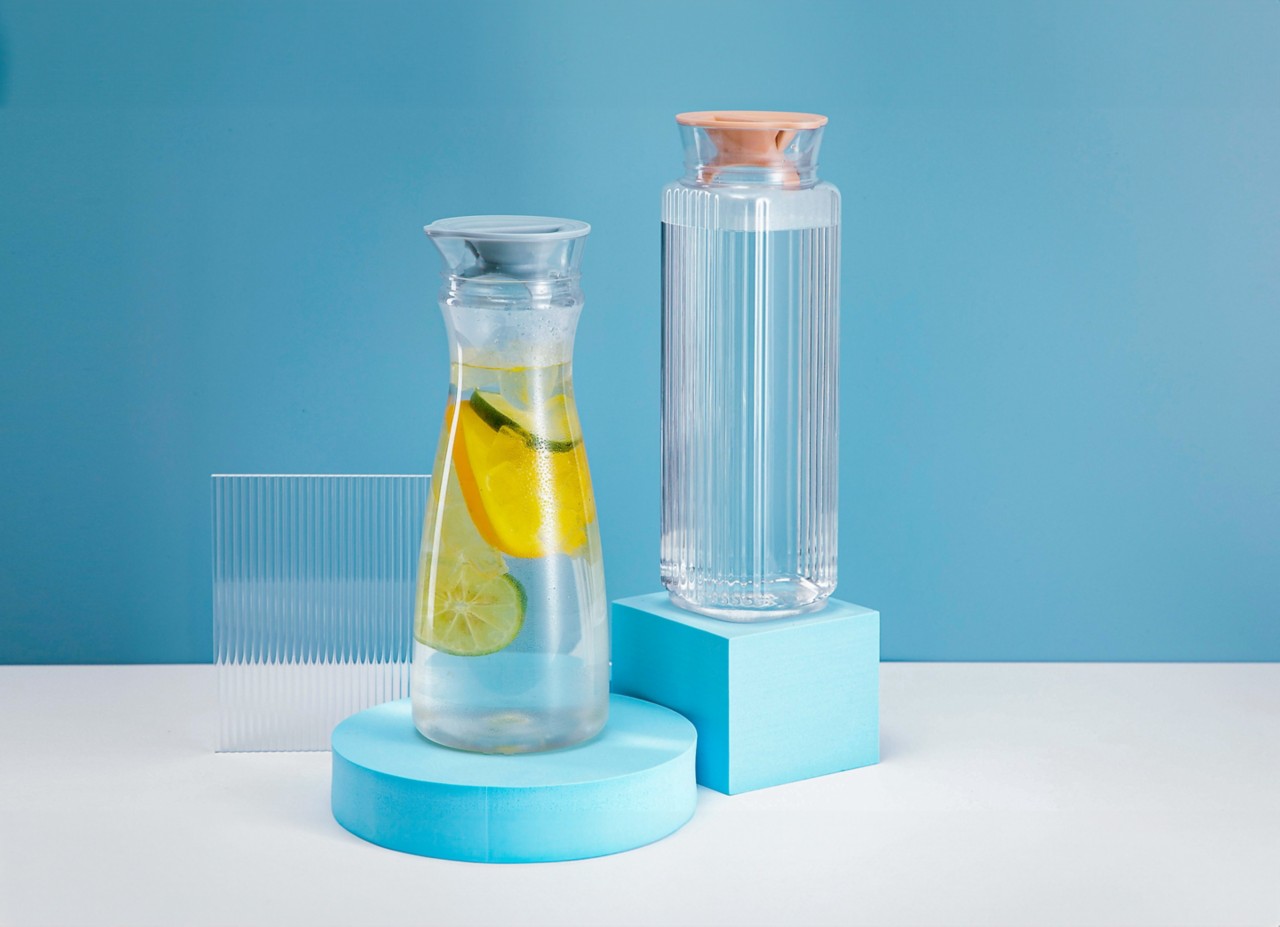
Make the right choice
Several Eastman materials are available to ensure the best housewares for your company.
Our DuraStar™ polymers have good mold release and are well suited for thick-wall applications. And Eastman Tritan™ and Tritan™ Renew copolyesters offer great heat and chemical resistance, ensuring products don’t crack or craze for hundreds of cycles in the dishwasher.
Our materials make products that look better and last longer. Housewares powered by Eastman resist smells and stains, and they give products good hydrolytic stability. We can help make a good housewares item better.


Product finder
Looking for a specific item? Browse our products to find the right solution for your housewares needs.


